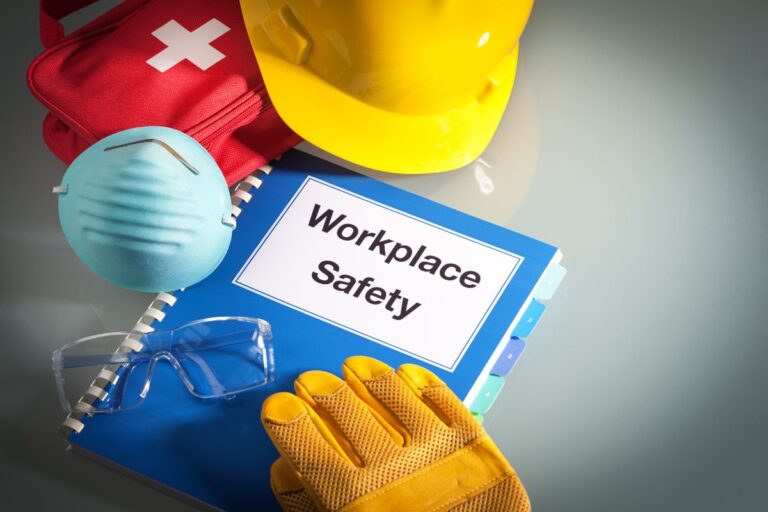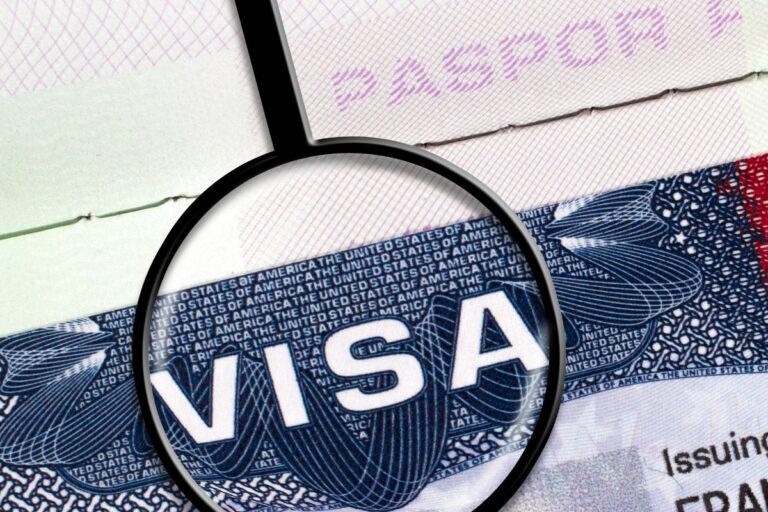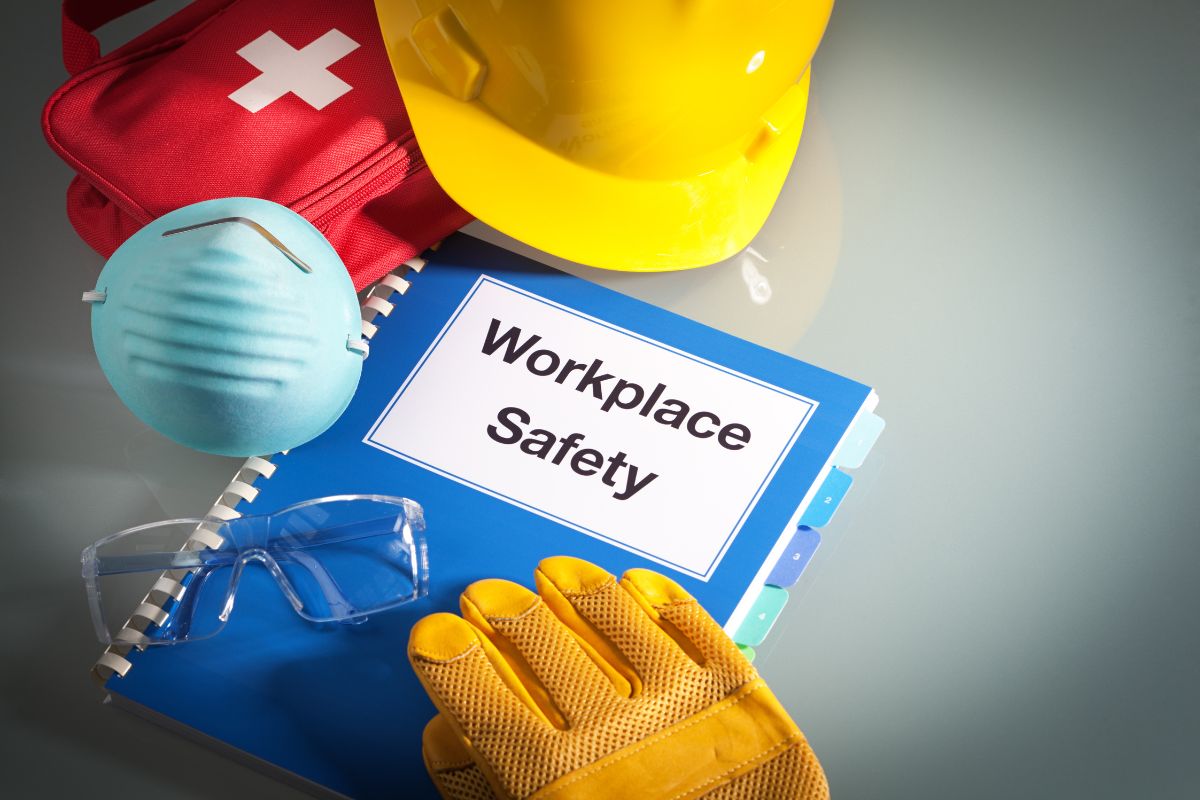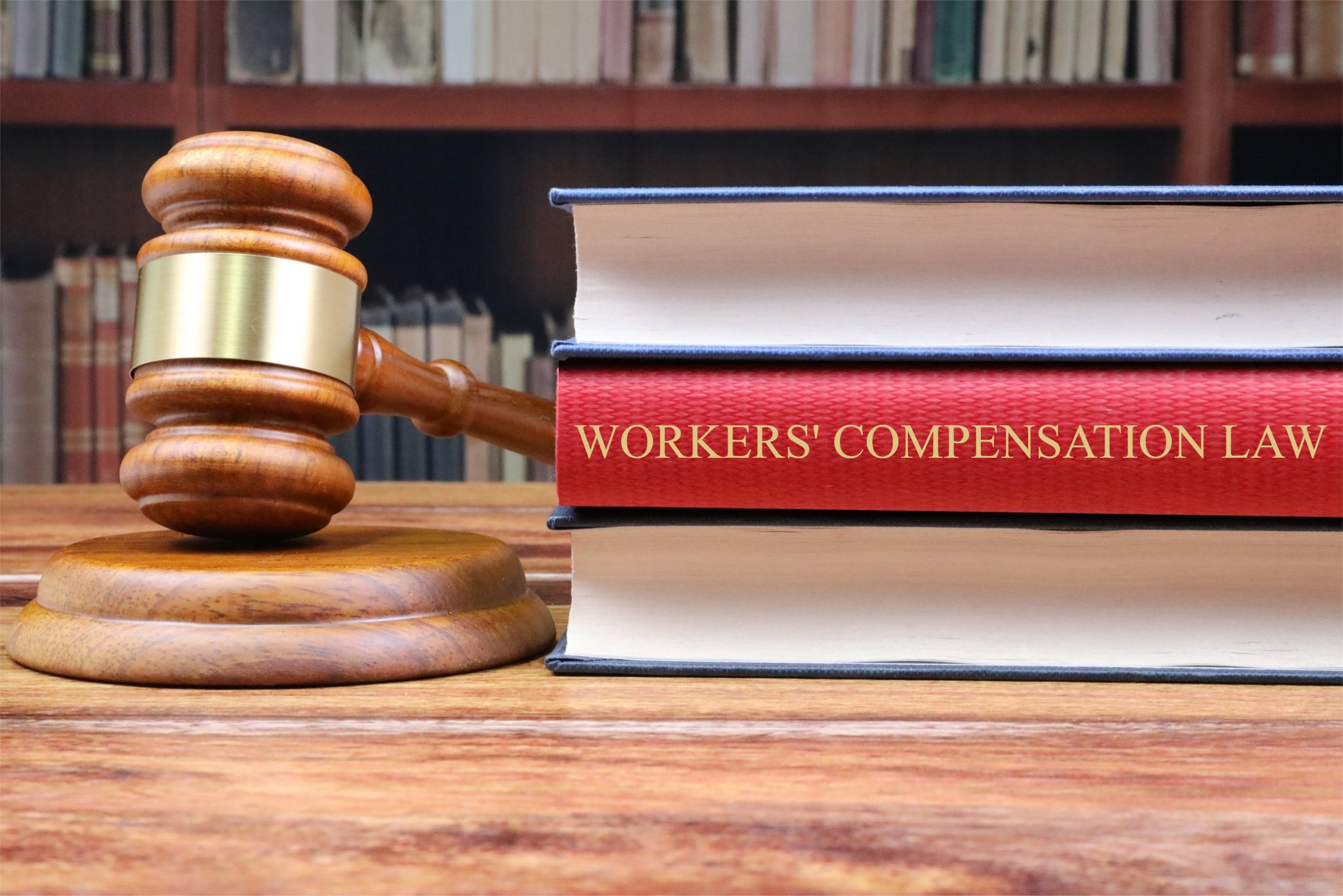[vc_row][vc_column][vc_column_text]The Going and Coming Rule is a legal concept that dictates whether a workers' compensation claim is available to workers injured during a commute to and from work. In general, workers traveling to and from work are not eligible to claim workers' compensation benefits. While it could be argued that commuting to work is technically a work-related function, established laws and precedents make it clear that using that specific argument will not be successful. However, there are actual exceptions to the going and coming rule that can allow an injured worker to seek benefits.
Driving is a work duty - If it is your job to drive a vehicle around and you are involved in an accident, you are eligible for workers' compensation benefits. Going and coming only applies if you are commuting to and from work. If you are working when an injury occurs, you are eligible. This exception affects any workers who move around a lot for their job, such as delivery drivers, truckers, postal workers, police officers, and public transit workers. If you are performing your job, you are not subject to the going and coming rule.
You are traveling between work sites - If you have been told to travel from one job site to another, your commute is exempt from the coming and going rule. A fast food worker told to cover a shift in a different store facing a staff shortage, an IT worker assigned to set up a router at a residence, or a plumber traveling from repair to repair, would all be examples of this exception. Essentially, any worker told by a supervisor to travel to another location for any job duty is exempt from the going and coming rule.
You are on a work trip - Workers traveling for the job are exempt from the rule at all times, not just during a commute. The trip to the airport, the flight to your destination, the drive to the hotel, the drive to the work site, and the drives back to the hotel and airport would all be exempt. Any injury suffered while traveling related to work during the extent of a business trip would be eligible for benefits. Travel outside of working hours for personal reasons, say to a golf course or museum, might also be exempt from the going and coming rule, but it is less certain.
You were tasked with an errand - If at the end of your shift a supervisors hands you a bank deposit bag and asks you to stop by the bank on your way home, you have been tasked with a "special mission". Though you may be technically off the clock and doing your boss a favor, if you are involved in an accident on the way to the bank, you would be eligible for workers' compensation benefits. Special missions can be critical to a business or simple mundane requests, but if you are injured while performing a work errand, you can seek benefits.
Essentially, if you are injured in the course of your work duties during a commute, you are likely eligible for workers' compensation. That said, insurance companies may still try to deny a workers' compensation claim under the going and coming rule if they can. A dedicated workers' compensation law firm can examine your claim and fight to ensure that you properly receive benefits. The Law Offices of Scott Warmuth offers free consultations to evaluate your workers' compensation claim. Call us today at 888-517-9888. If we do not win your case you will not be charged for our services.[/vc_column_text][/vc_column][/vc_row]
Going and Coming Rule in Workers’ Compensation Claims
Topics: Auto Accident, Workers' Compensation
Oct 27th, 2020











